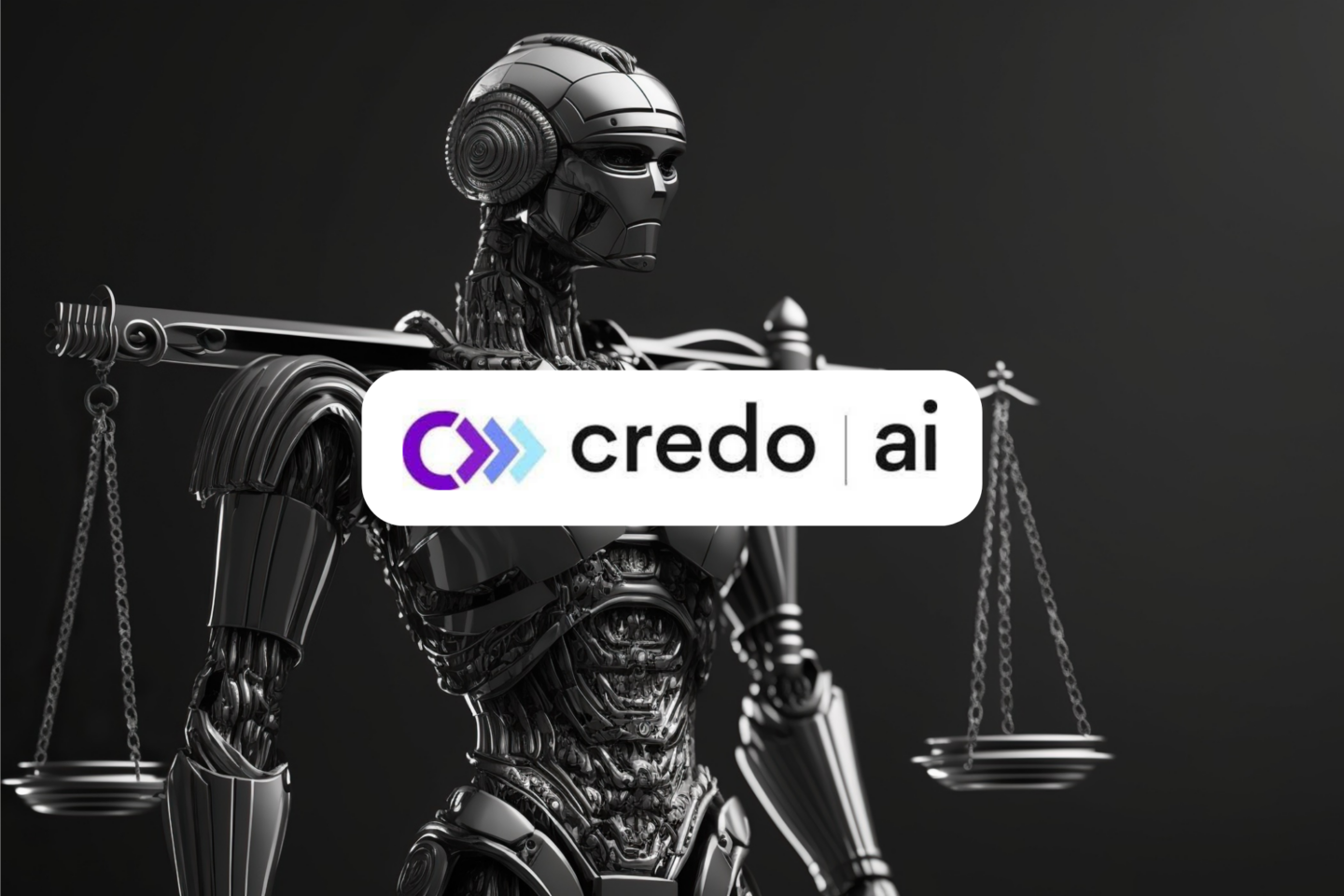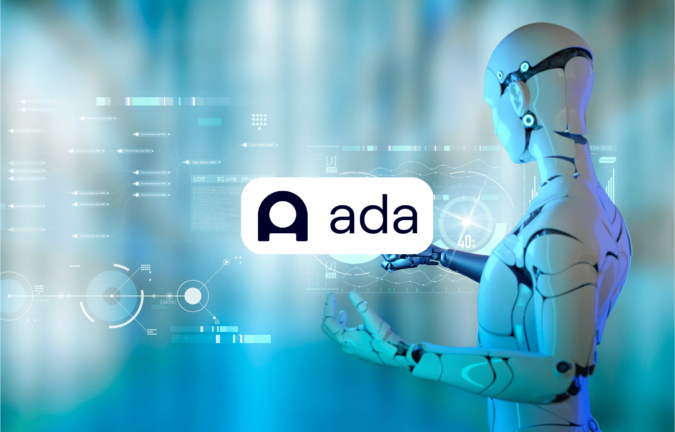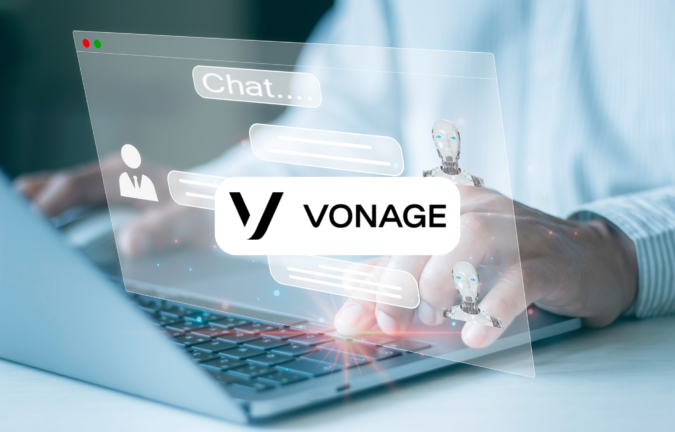Once the initial hype around generative AI tools wore off, people started to question the various use cases it could be applied to. Although generative AI boasts numerous benefits, its downsides should not be underestimated, especially when it comes to consumers' trust. To use generative AI ethically and responsibly, organizations need to avoid risks around bias, transparency, privacy, and security. The latest release from Credo AI can help with that.
Responsible AI governance software Credo AI has made its new set of governance capabilities - GenAI Guardrails - generally available to help organizations understand and mitigate the risks of generative AI. Powered by Credo AI's policy intelligence engine, the new capabilities serve as a control center where companies can analyze the risks of each AI use case.
This control center filters risks of employee use of generative AI tools, such as data leakage, toxic or harmful content, code security vulnerabilities, and IP infringement risks.
In addition, organizations can prioritize and analyze generative AI use cases to understand risks and revenue potential as GenAI Guardrails identifies new high-ROI use cases for departments and industries to maximize the return on investment of AI projects while also ensuring safety.
For safe experimentation and discovery, GenAI Guardrails can be used as a sandbox that connects to any Large Language Model (LLM) and provides a secure environment for trial with generative AI tools like ChatGPT.
Finally, leaders can future-proof their organization from emerging AI risks. How? Guardrails help AI use cases to be discovered internally while new regulations and policies are introduced externally. This way, GenAI Guardrails helps enterprises to continuously identify and mitigate new and emerging risks.
“In 2023, every company is becoming an artificial intelligence company. Generative AI is akin to a massive wave that is in the process of crashing—it’s unavoidable and incredibly powerful. Every single business leader I’ve spoken with this year feels urgency to figure out how they can ride the wave, and not get crushed underneath it. At Credo AI, we believe the enterprises that maintain a competitive advantage — winning in both the short and long term — will do so by adopting generative AI with speed and safety in equal measure, not speed alone. We’re grateful to have a significant role to play in helping enterprise organizations adopt and scale generative artificial intelligence projects responsibly,” said Navrina Singh, CEO and Founder of Credo AI.
Veiled risks of generative AI
According to Credo AI's recent customer and industry research, despite the urgency for generative AI adoption, without sufficient controls and enablement, that urgency rarely translates to adoption. Organizations are held back from generative AI adoption due to a lack of expertise as well as concerns over security, privacy, and intellectual property. However, the same companies have voiced demands for a control layer that can help them facilitate responsible adoption and establish trust in these advancements.
Deepfakes, code vulnerabilities, accidental use of personally identifiable information (PII), IP leakage, and copyright infringement are just some of the risks of using uncontrolled and generative AI. Now it's time for regulation and tech companies to stay in sync.










